
A Patriot’s Responsibility: Why You Need to Vote
This may come as a surprise to hear, especially two years later; but Donald Trump didn’t actually win the presidential election of 2016.
No… Hillary Clinton didn’t either, after all the electoral college was designed the way it is on purpose and we all know she’s allergic to winning anyhow.
Actually, the true winner of the 2016 election by an absolute landslide worthy of the likes of FDR or Reagan was my personal favorite candidate based on sheer consistency alone (he literally *never* loses!).
The winner of 2016 by nearly twice the share of any competitors was in fact ‘Did Not Vote’ just as it always is.
I’m in no way exaggerating. A quick look at this map starkly visually affirms this reality based on results from the election had my man ‘Did Not Vote’ truly been considered a candidate. Makes people who groan about ‘pointless votes’ look a little… well, dumb.

But while the collective action problem is not original to the world of elections its manifested incredibly distinctly in America’s comparatively luxurious and spoiled society, where our democracy has remarkably low participation of just barely over half of eligible citizens actually taking part in voting. Ensuring cycle after cycle a crushing victory for incumbent ‘Did Not Vote’.
But even putting aside the (hopefully now discarded) notion of ‘my vote doesn’t matter’ there’s genuinely still a myriad of reasons to hoof it to the polls to take part in the incredible functionings of democracy.
Voting even is worth it solely in terms of personal utility. In other words, you get gratification from voting, and more importantly, telling others you did so. Psychologists engaging in studying the economic utility of voting, “concluded that a typical voter valued the ability to tell a friend (if asked) that she had voted at about $3, thus gaining a total of about $15 worth of subjective well-being by voting, if she expected to be asked about her voting by the average number of friends, family members, and co-workers, roughly five.
And here’s the thing; your vote genuinely matters. While that jarring data regarding ‘did not vote’ handily carrying the election doesn’t convince, consider if we just looked at people who *declared an intention to vote* by registering to do so for a political party.
Fivethirtyeight explains better than me,
Registered voters who didn’t vote on Election Day in November were more Democratic-leaning than the registered voters who turned out, according to a post-election poll from SurveyMonkey, shared with FiveThirtyEight. In fact, Donald Trump probably would have lost to Hillary Clinton had Republican- and Democratic-leaning registered voters cast ballots at equal rates.
Given how closely party identification tracks with vote choice, the disparity in turnout probably cost Clinton the election. SurveyMonkey did not ask non-voters whom they would have voted for, but we do know that more than 90 percent of self-identified Democrats who cast a ballot voted for Clinton and more than 90 percent of Republicans voted for Trump. Moreover, voters who didn’t identify with or lean toward either party were slightly more likely to prefer Clinton to Trump. That means that had the non-voters cast a ballot in accordance with their party identification, Clinton’s advantage over Trump nationally would have expanded by about 2 to 3 percentage points. That almost certainly would have been enough to flip enough states for her to win the Electoral College.
The large gap in party identification between registered voters who cast a ballot and those who didn’t, also helps to explain why pre-election polling underestimated Trump. Pre-election polls suggested that the gap between these two groups would be smaller than in 2012; the SurveyMonkey data suggests it was larger.
If even just more partisan voters had bothered to go to the polls on election day the president would have been Hillary Clinton, inducing an utterly drastically different timeline including multiple alterations in supreme court nominations and well… just the insane disparity a Clinton presidency (mk.II) would have from the Trump one we’ve experienced in just about every facet.
When push comes to shove voting has an insane impact on your reality and existence well beyond ‘what team has what’, the United States government (let alone the entire spectrum of federalism down to your school board) matter to your life; and more crucially you matter to who gets elected.
Regardless of wealth, religion, creed, IQ, career, credit score, or any other discerning detail or trait that separates the strata of American society from each other our votes all count for exactly the same. When you go to cast a vote, you exert exactly as much influence as the Koch brothers or George Soros, and it would be a complete tragedy not to take advantage of that opportunity; especially considering how many have died that you might do so.
Regardless of who you’re voting for GO VOTE. If you find yourself irked by lines or long-winded amendment questions just take a moment of humility to realize how few human beings have had that opportunity and how many would die for the chance.
And after all, if you don’t vote how can you complain about things you’ve chosen to do nothing to change?



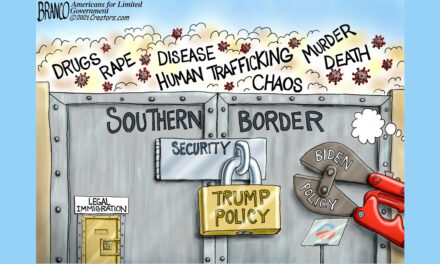


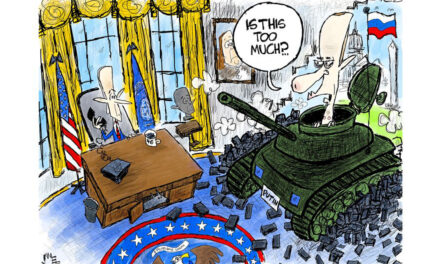




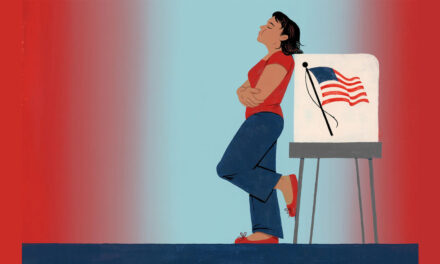
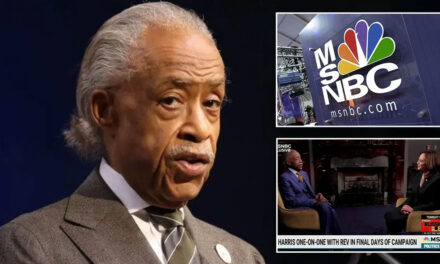
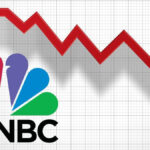










So please explain: why should a Republican vote in California?